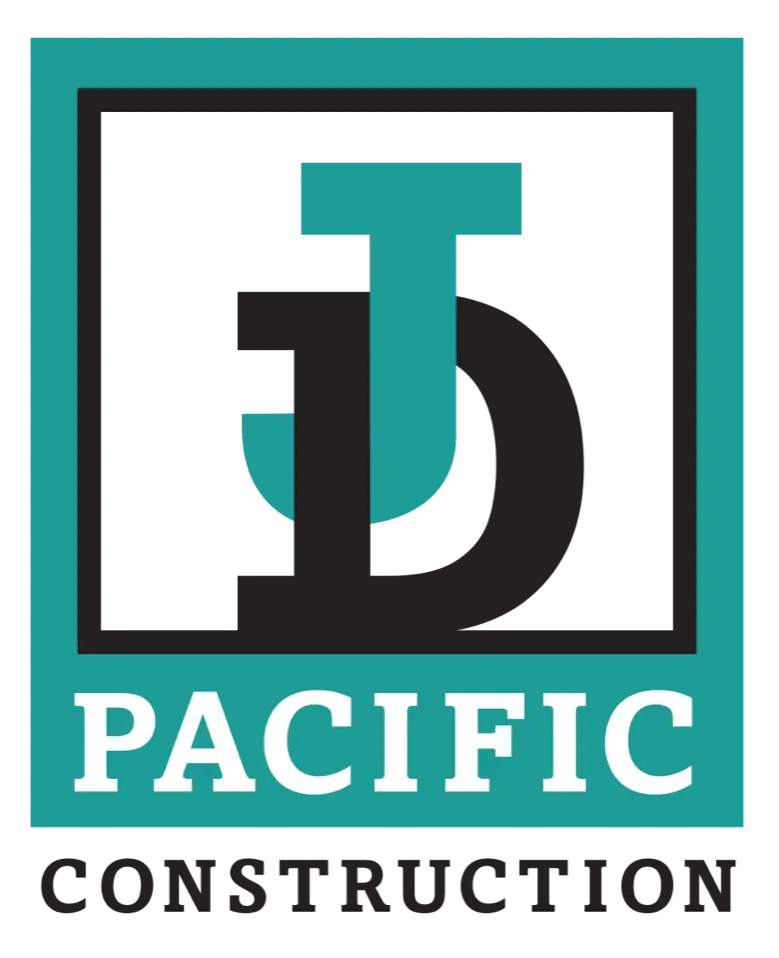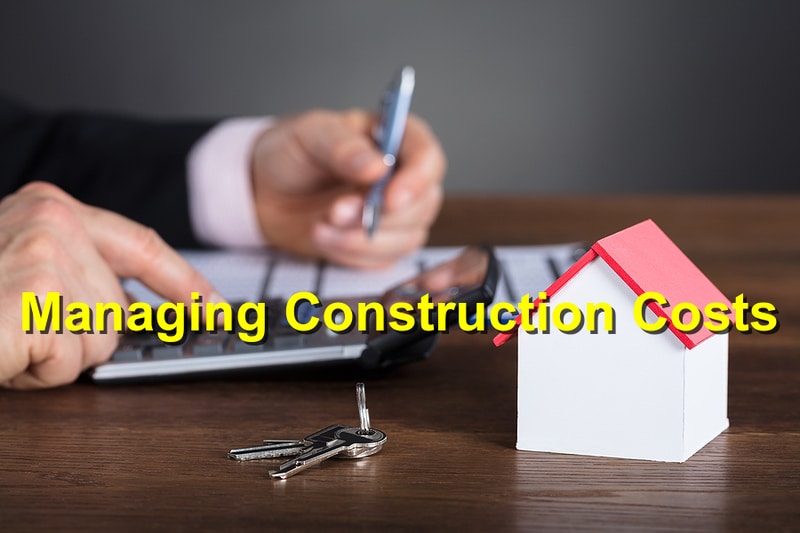Managing construction costs effectively is vital for the success and profitability of any construction project. Here are key strategies to control and manage construction costs:
1. Detailed Cost Estimation: Begin with a comprehensive and accurate cost estimation. Break down costs for materials, labor, equipment, permits, subcontractors, overheads, and contingencies. Use historical data, industry benchmarks, and expert input for precise estimates.
2. Set Realistic Budgets: Develop a realistic and detailed budget based on the cost estimates. Ensure it aligns with project scope, quality expectations, and client requirements. Account for potential changes and unexpected expenses.
3. Value Engineering: Employ value engineering techniques to optimize costs without compromising quality. Identify alternative materials, methods, or designs that offer similar functionality at lower costs. Focus on cost-effective solutions that maintain project integrity.
4. Efficient Project Planning and Scheduling: Create a detailed project schedule that optimizes resources, minimizes downtime, and avoids delays. Effective planning helps in reducing labor costs, overheads, and potential penalties due to delays.
5. Procurement and Supplier Management: Carefully select suppliers and subcontractors through a competitive bidding process. Negotiate prices, terms, and delivery schedules to secure the best value without compromising quality.
6. Continuous Cost Monitoring and Control: Implement robust cost control measures throughout the project lifecycle. Regularly track actual costs against budgeted expenses, identifying deviations early and taking corrective actions promptly.
7. Minimize Change Orders: Avoid unnecessary changes once construction starts. Change orders can significantly impact costs and timelines. Ensure clear communication and thorough documentation to minimize change requests.
8. Risk Management and Contingency Planning: Identify potential risks and develop mitigation strategies. Allocate contingencies for unexpected expenses or scope changes. Having a contingency fund helps manage unforeseen events without affecting the overall budget.
9. Embrace Technology and Innovation: Utilize construction management software, project management tools, and Building Information Modeling (BIM) to streamline processes, improve efficiency, and minimize errors. Embrace innovative construction methods that offer cost-saving opportunities.
10. Efficient Resource Management: Optimize resource utilization, including labor, equipment, and materials. Avoid overstaffing or underutilization of resources to maintain productivity and control costs.
11. Quality Assurance and Control: Maintain stringent quality standards to avoid rework or rectification costs. Implement quality control measures to ensure that work meets specifications and standards from the outset.
12. Collaboration and Communication: Foster open communication among project stakeholders, including architects, engineers, contractors, and clients. Clear communication helps in aligning expectations, resolving issues promptly, and avoiding costly misunderstandings.
13. Regular Performance Reviews and Analysis: Conduct regular performance reviews to assess cost performance against benchmarks and project goals. Analyze variances and learn from successes and challenges for future cost management improvements.
14. Post-Project Evaluation and Learning: Conduct a comprehensive evaluation after project completion to assess actual costs, analyze deviations, and identify areas for improvement in future projects.
Effectively managing construction costs involves a proactive approach, attention to detail, and continuous monitoring throughout the project lifecycle. Implementing these strategies empowers construction professionals to control costs, enhance project profitability, and deliver successful projects within budget constraints.
References: MarksNelson, NationalTrustHistoricPreservation




